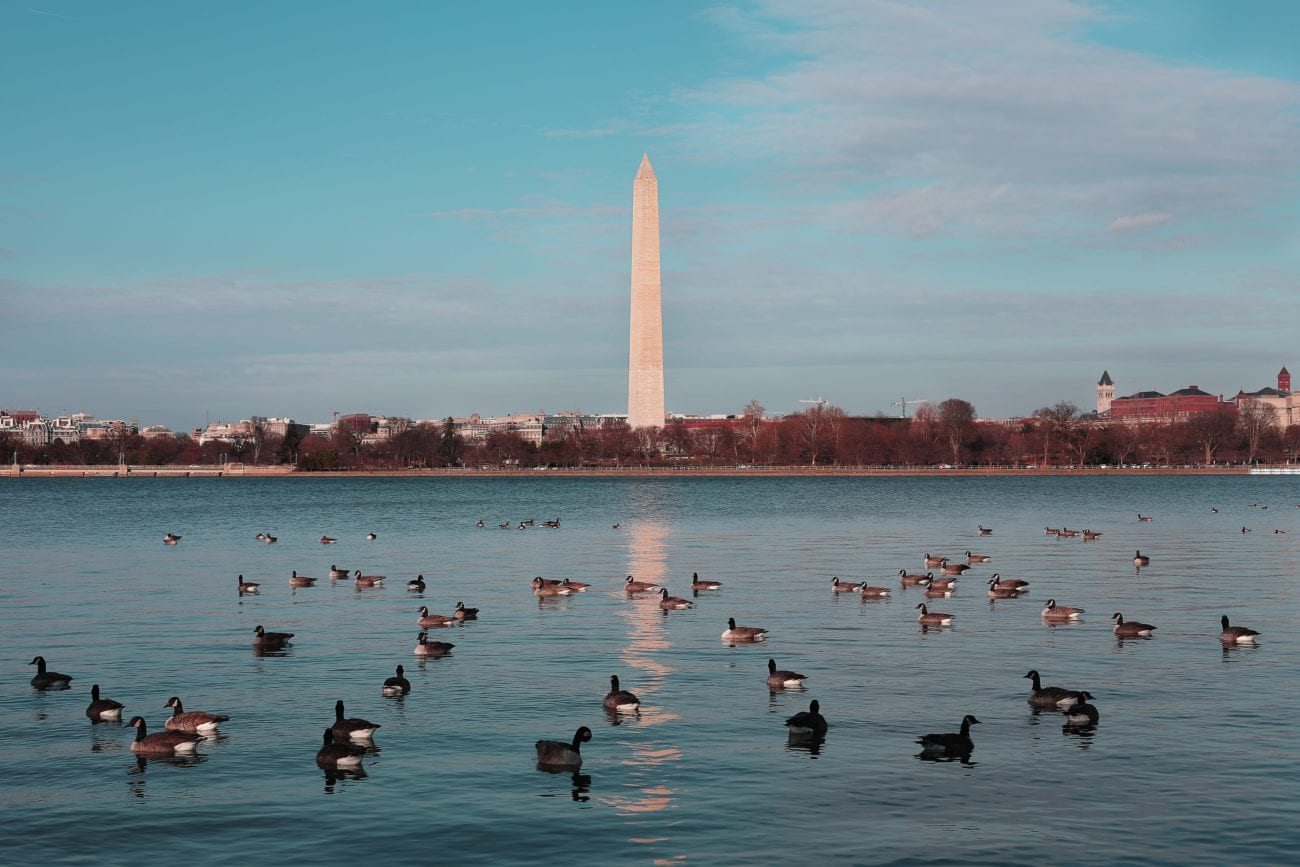DoJ files motion to dismiss NH Wire Act challenge
| By iGB Editorial Team
The US Department of Justice (DoJ) has filed a motion to dismiss the complaints filed against its revised stance on the Wire Act on behalf of the New Hampshire Lottery Corporation and NeoPollard Interactive.

The US Department of Justice (DoJ) has filed a motion to dismiss the complaints filed against its revised stance on the Wire Act on behalf of the New Hampshire Lottery Corporation and NeoPollard Interactive.
The filing, written by Deputy Assistant Attorney General Brett Shumate and John Tyler, Assistant Director of the Federal Programmes Branch, argues that the District Court of New Hampshire should dismiss the case, on the basis that there is no actual case to answer.
It says that there have been no prosecutions as a result of the revised stance, and that to date states have not been blocked from carrying out any activity. This, it argues, means that the District Court has no jurisdiction to rule on the issue, as states may only rule on specific “cases” or “controversies” – neither, it says, exist at this point.
In the Department’s first robust defence of its decision, published in January, it again reiterates its stance that the Act’s wording clearly applies to all forms of gambling, not just sports betting.
It backs this up by pointing out that the DoJ secured at least 17 Wire Act convictions between 2005 and 2011 – when a revised stance was issued – involving non-sports gambling. These, it notes, were upheld by various district courts. Furthermore, it adds, the plaintiffs’ claims fail on merit as a result of the Act’s wording.
The Department argues that just one clause of the language in question, which bans the interstate transmission of “information assisting in the placing of bets or wagers on any sporting event or contest”, applies to sports betting.
The others, it says, deliberately do not refer to “sporting events or contests” as they were designed to apply to all forms of gambling. It also notes that changes from earlier drafts of the legislation suggest that while it may have originally been designed to cover sports betting only, it was later expanded.
Furthermore, the DoJ argues that the concerns set out by the New Hampshire Lottery in its filing in February, relating to its First Amendment rights being infringed upon, are unfounded. The lottery argued that lawful, non-misleading information helpful in the placement of bets or wagers, such as advertisements, could be affected by the new Wire Act opinion.
However the DoJ denies this. Instead it states the clause in question – which bans “wire communication which entitles the recipient to receive money or credit . . . for information assisting in the placing of bets or wagers” – does not constitute a blanket prohibition on the interstate transmission of gambling-related information.
It also denies that the new Wire Act opinion infringes on state rights (the Tenth Amendment), arguing that it becomes a matter for the federal government as it concerns interstate matters. Despite this, the DoJ argues that should the court rule in favour of the plaintiff, it should not issue nationwide relief to all states, which would effectively allow them to disregard the Wire Act opinion.
As such, it requests the court grant the motion to dismiss, deny the plaintiffs’ motions for summary judgement and terminate the cases.
